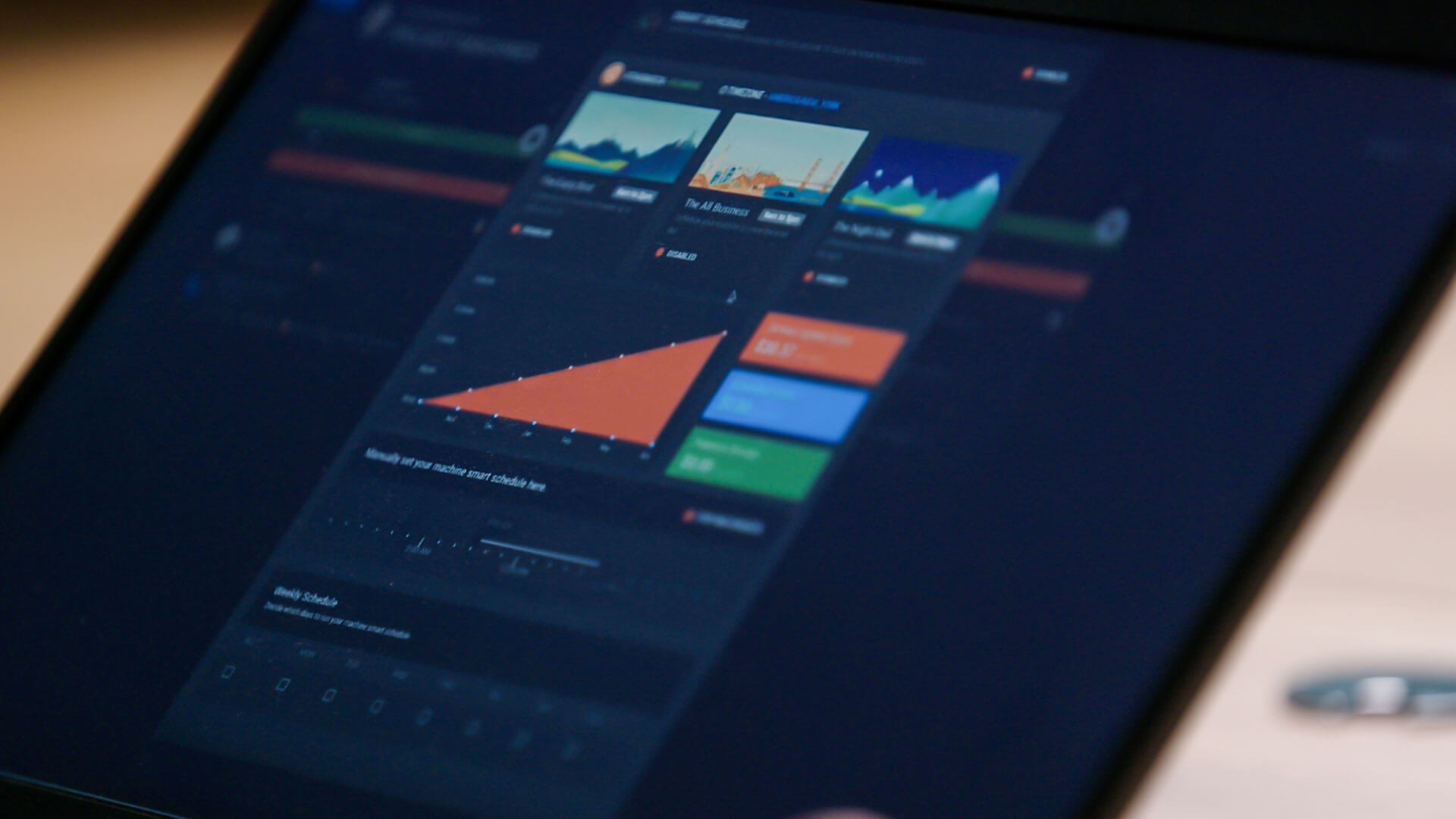IDEA Lab redefines research through cloud technology
Athabasca University’s new virtual research platform developed in partnership with Amazon Web Services and RONIN
Athabasca University (AU) is redefining how research universities explore new ideas and advance knowledge that tackles the world’s most complex problems.
IDEA Lab is a completely virtual research platform that harnesses the power of cloud computing so that researchers can investigate big problems and sometimes even bigger datasets. Developed in partnership with Amazon Web Services and RONIN, it represents a first-in-Canada approach to virtual research.
“Athabasca University is online by design and our researchers are everywhere. IDEA Lab is a place for them to create, design and deliver their research using emerging technologies,” explained Dr. Andrew Perrin, associate vice-president of research.
“Athabasca University is online by design and our researchers are everywhere. IDEA Lab is a place for them to create, design and deliver their research using emerging technologies.”
– Dr. Andrew Perrin, associate vice-president of research
Studying bias in health care
AU launched IDEA Lab in fall 2021 with an initial pilot of 14 research projects. Dr. Lorraine Thirsk, an assistant professor of nursing in the Faculty of Health Disciplines, was one of the first researchers to take advantage of IDEA Lab’s cloud computing to study the impact of racism and bias in health care and how it can affect a patient’s health.
A 2021 report by the British Columbia government found systemic racism, stereotyping, and discrimination against Indigenous patients and families, and there have been other high-profile incidents elsewhere in Canada.
By examining language entered into electronic health records, Thirsk hopes to improve our understanding of how unconscious bias about things like race, age, gender, or weight can affect a nurse’s judgment in providing care.
“We tend to make stereotypical judgments about people and this tends to happen under time pressure, when nurses have to make decisions quickly. And sometimes those decisions can be wrong,” Thirsk said.
“We tend to make stereotypical judgments about people and this tends to happen under time pressure, when nurses have to make decisions quickly. And sometimes those decisions can be wrong.”
– Dr. Lorraine Thirsk, assistant professor of nursing
Efficiency in the cloud
Perrin said embracing cloud computing for research just made sense for AU, one the country’s leading open, online universities. One of the major advantages of the cloud is that the university does not have to operate or maintain expensive laboratory facilities that can sometimes span entire buildings.
“If we’re a digital university, then technology should be an enabler of everything we do,” Perrin said. “Cloud technologies are a massive step change in power, capacity and accessibility.”
“The reality is we’re facing bigger challenges than any single academic can tackle on their own. IDEA Lab is about collaborative and creative design of research from multiple perspectives …”
– Dr. Andrew Perrin
The cloud also opens up new possibilities for researchers to collaborate across disciplines—sometimes in ways they never would have anticipated.
Thirsk said her project would not have been possible without IDEA Lab. That’s partly due to the massive size of the datasets that the AWS and RONIN technology can crunch. But just as important, as sometimes trained as a qualitative health researcher, big data and analytics are new territory for her.
IDEA Lab connects researchers with funding and support to take full advantage of cloud-based tools for research, design, and innovation. Those supports include AU students who are recruited and trained as research assistants through IDEA Academy.
“The reality is we’re facing bigger challenges than any single academic can tackle on their own,” Perrin said. “IDEA Lab is about collaborative and creative design of research from multiple perspectives, using emerging tools and students so that we can tackle these problems together.”
